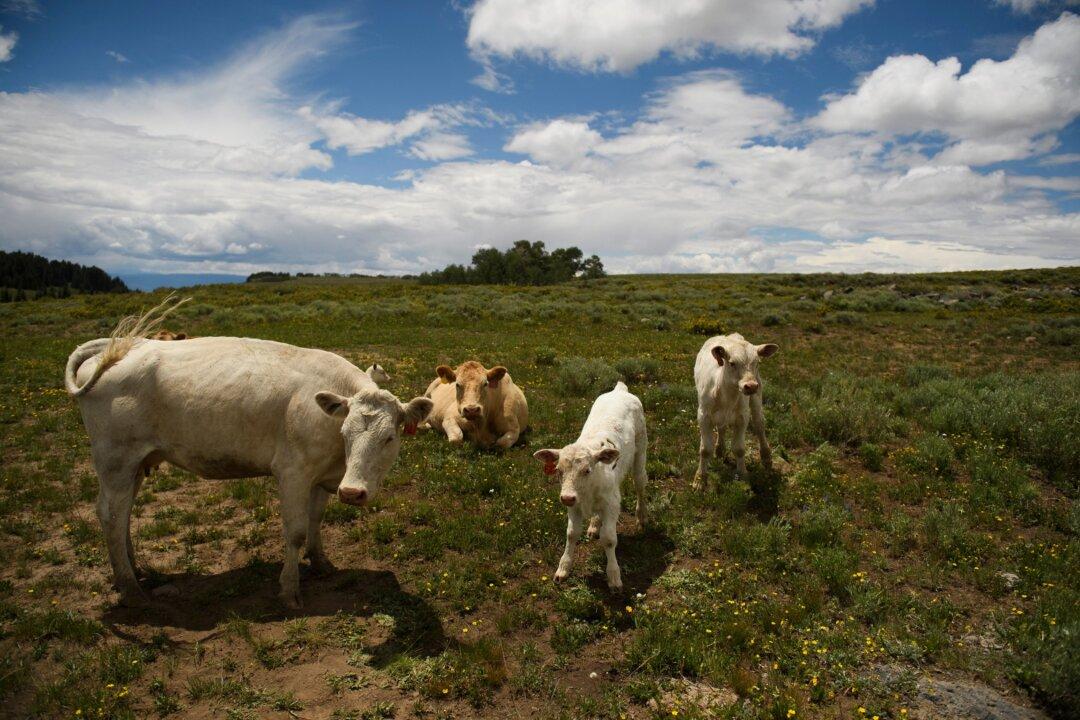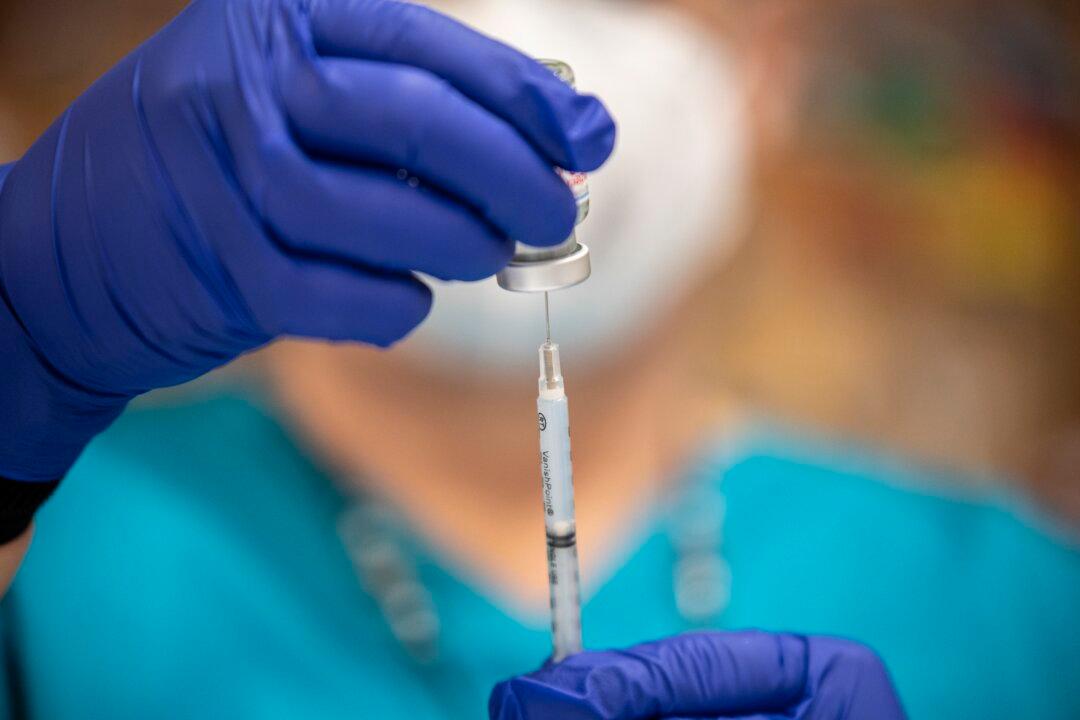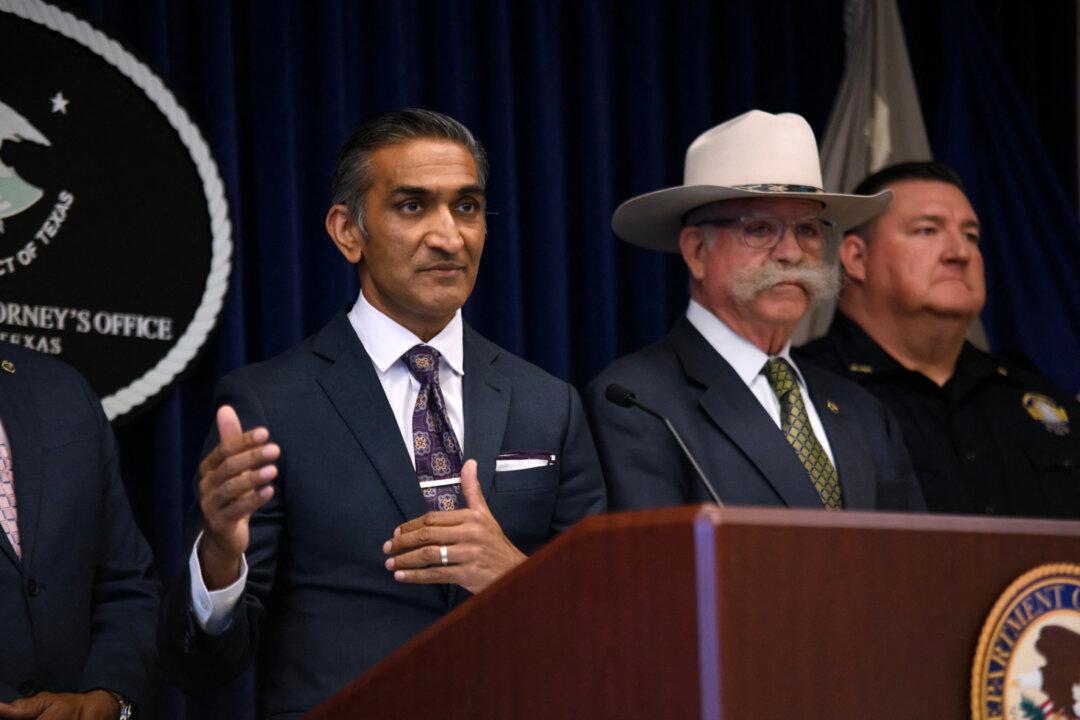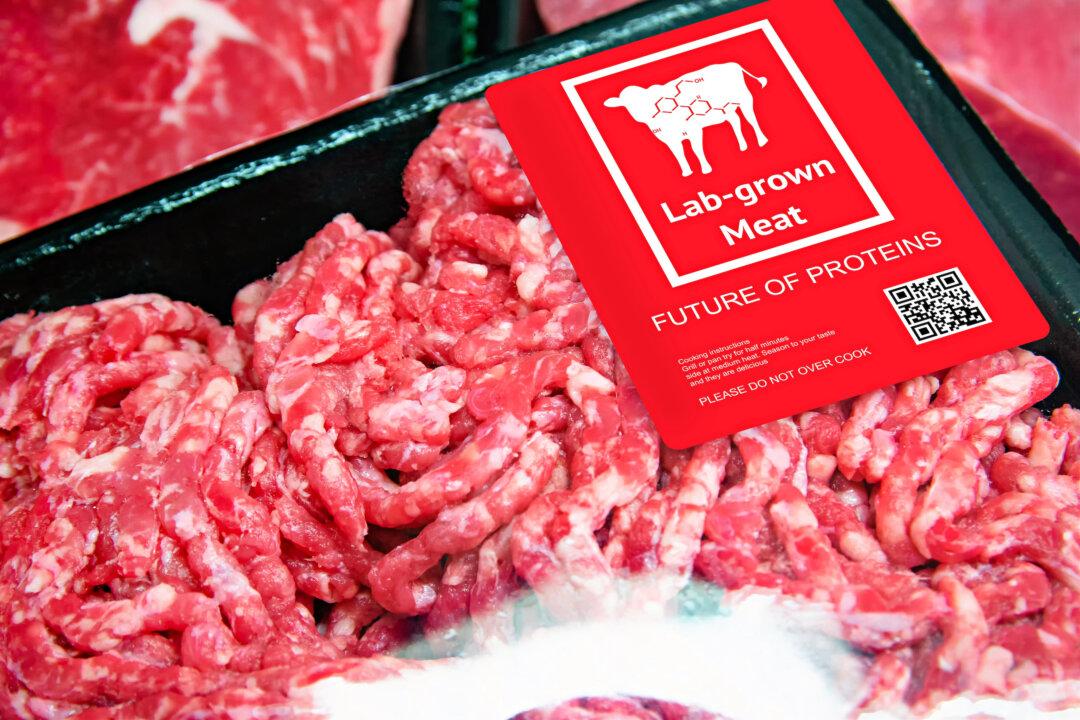Beef cattle supply has dropped to its lowest pont in decades, raising the price of beef to another all-time high and renewing concerns over the long-term health of the nation’s farming community.
A series of severe droughts that have shocked the supply chain coupled with government policies that continue to tilt the playing field toward large, industrial food processors have plummeted the nation’s supply of beef cattle to a level not seen since the early 1950s, according to Justin Tupper, president of the United States Cattlemen’s Association.





